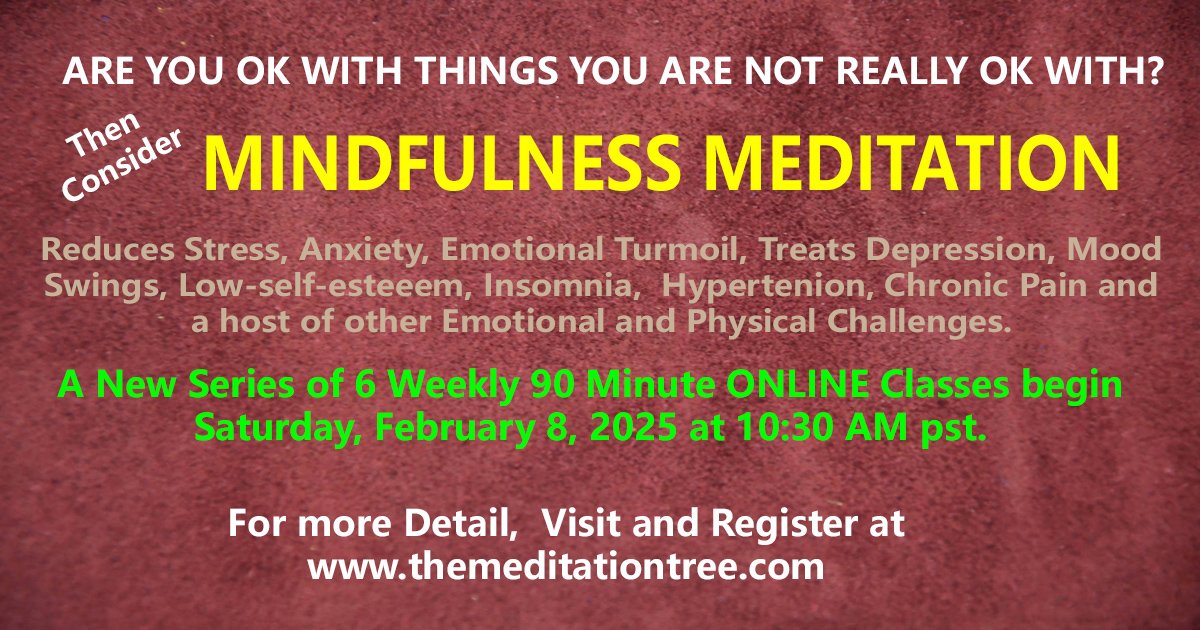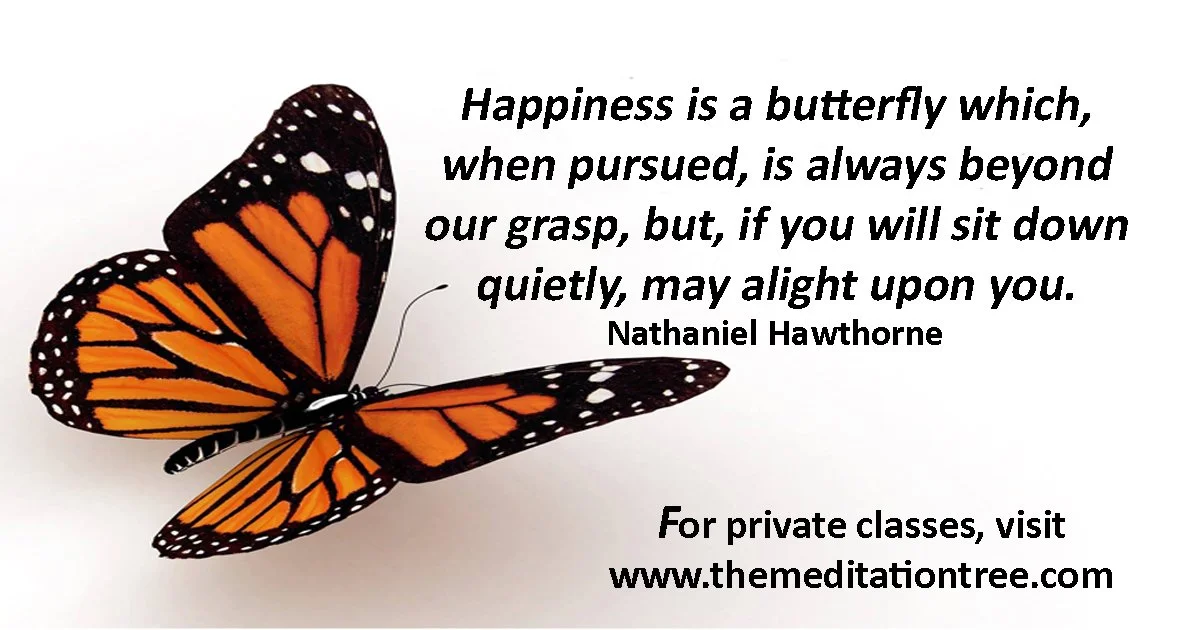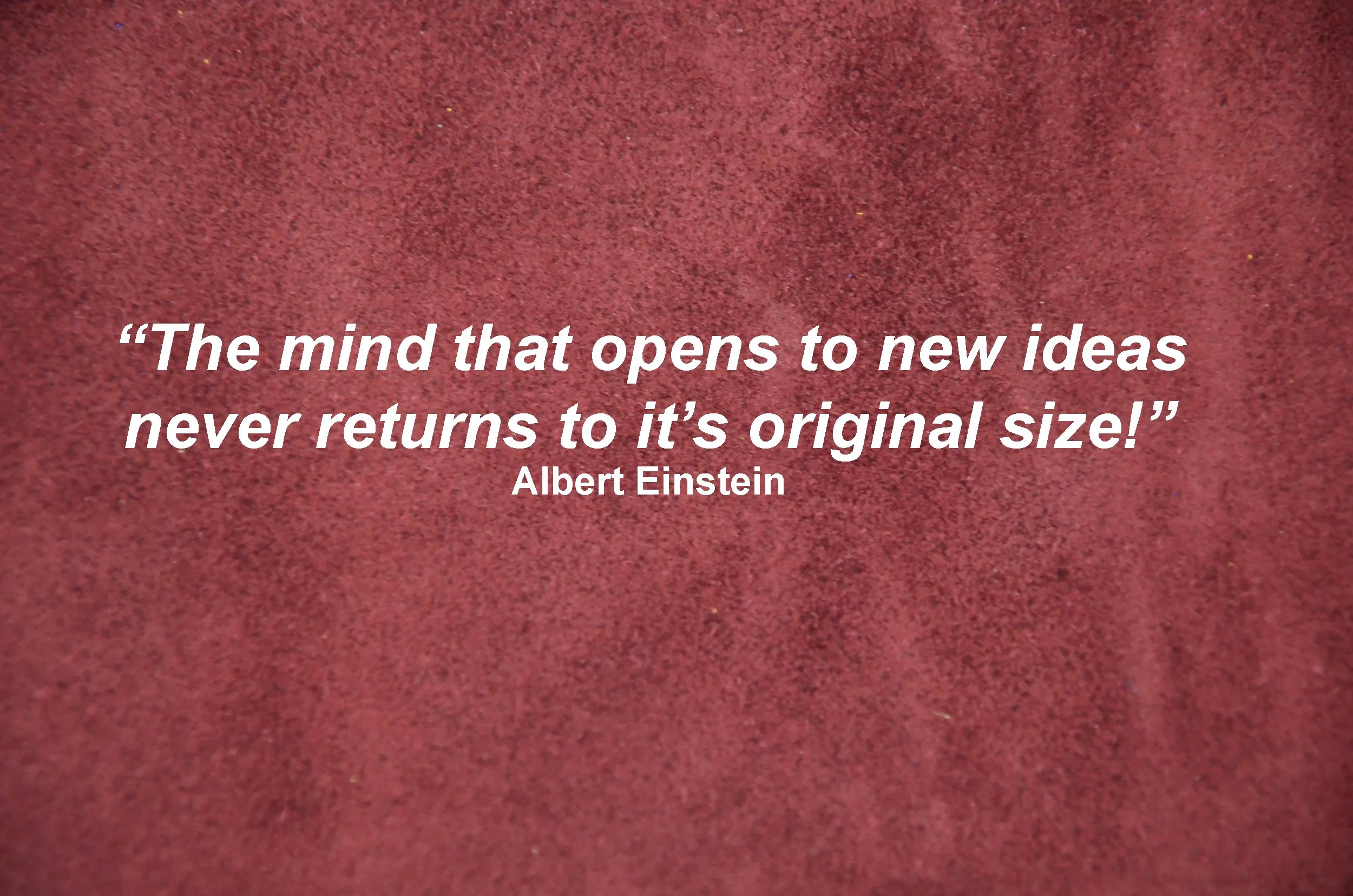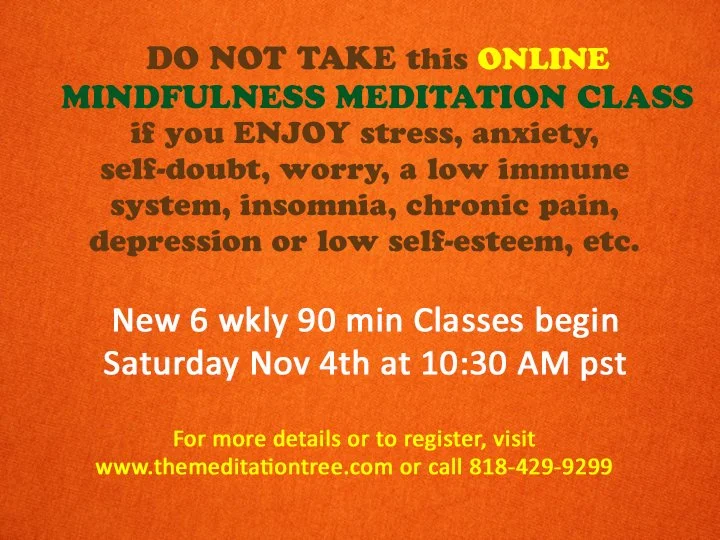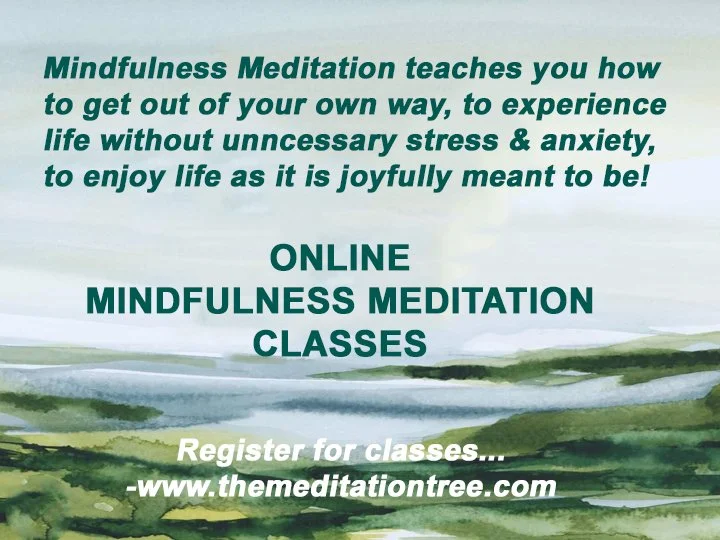Anxiety is a serious issue that can affect one’s life significantly. If you are facing similar challenges and finding life increasingly difficult, practicing mindfulness meditation could be a beneficial option. Anxiety affects not only your relationships, and concentration power but also causes various physical problems like heart attack, stroke, and digestive issues. Mindfulness meditation helps you focus on the present moment, alleviating anxiety. You can choose a reliable online Mindfulness meditation training center to add this healthy practice to your daily life.
In this blog, we will elaborate on the effectiveness of MindfulnessMeditation in curing anxiety.
How Mindfulness Meditation Works in Alleviating Anxiety
Encouraging to Live in the Present Moment: While past traumas and negative emotions can make you anxious, mindfulness meditation helps you focus on your present to divert your emotions and uplift your mood.
Breaking the Anxiety Cycle: When anxiety arises, you often revisit those terrible moments of your life and deal with negative emotions. In a mindfulness meditation session, we will help you learn how to deal with those conditions without reacting to them.
Increasing the Ability to Manage Emotions: Emotional regulation is highly essential to deal with anxiety. Mindfulness meditation allows you to control your emotions and respond to stressful situations with greater composure and less reactivity.
Exploring the Techniques in Mindfulness Meditation for Anxiety
Mindful Observation: In a mindfulness meditation session, we can help you pay attention to your thoughts and feelings and acknowledge them without getting caught up in their content. It will help you get rid of anxiety. You can also read our meditation quotes to improve your mind.
Body Scan: When practicing mindfulness meditation, you can scan your body. By paying attention to your body, you can detect any physical sensations, allowing you to become aware of the physical tension.
Focused Breathing: One of the greatest techniques for alleviating anxiety is focused breathing. By focusing on the sensation of your breath as you inhale and exhale, you can improve your concentration level and avoid past traumas and negative emotions.
How You Can Get the Most Out of Our Online Sessions
Find a Quiet Place: Find a quiet space in your home. (Chair, Sofa, Pillow).. It will help you get a comfortable session at your home.
Place Your Computer, Ipad, etc. in Front of you: We offer Zoom classes. Try to maintain an appropriate distance from your phone or laptop.
Take Notes-Ask questions!
Be Patient and Listen without judgement!
In a Nutshell
If you like this blog, don’t forget to share your comments with us! You can register for our Zoom classes to learn about our future classes. To get more information you can contact us directly.






